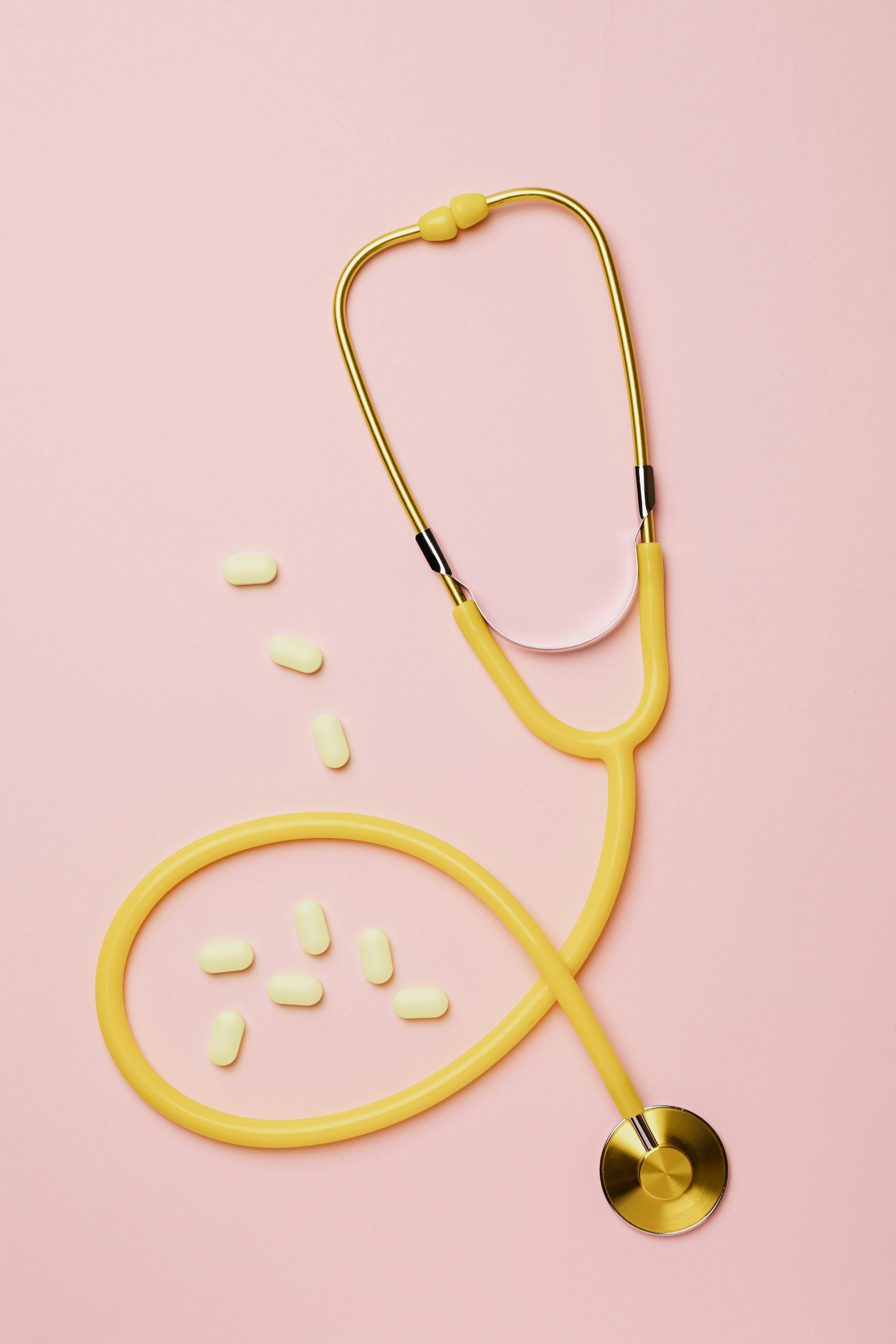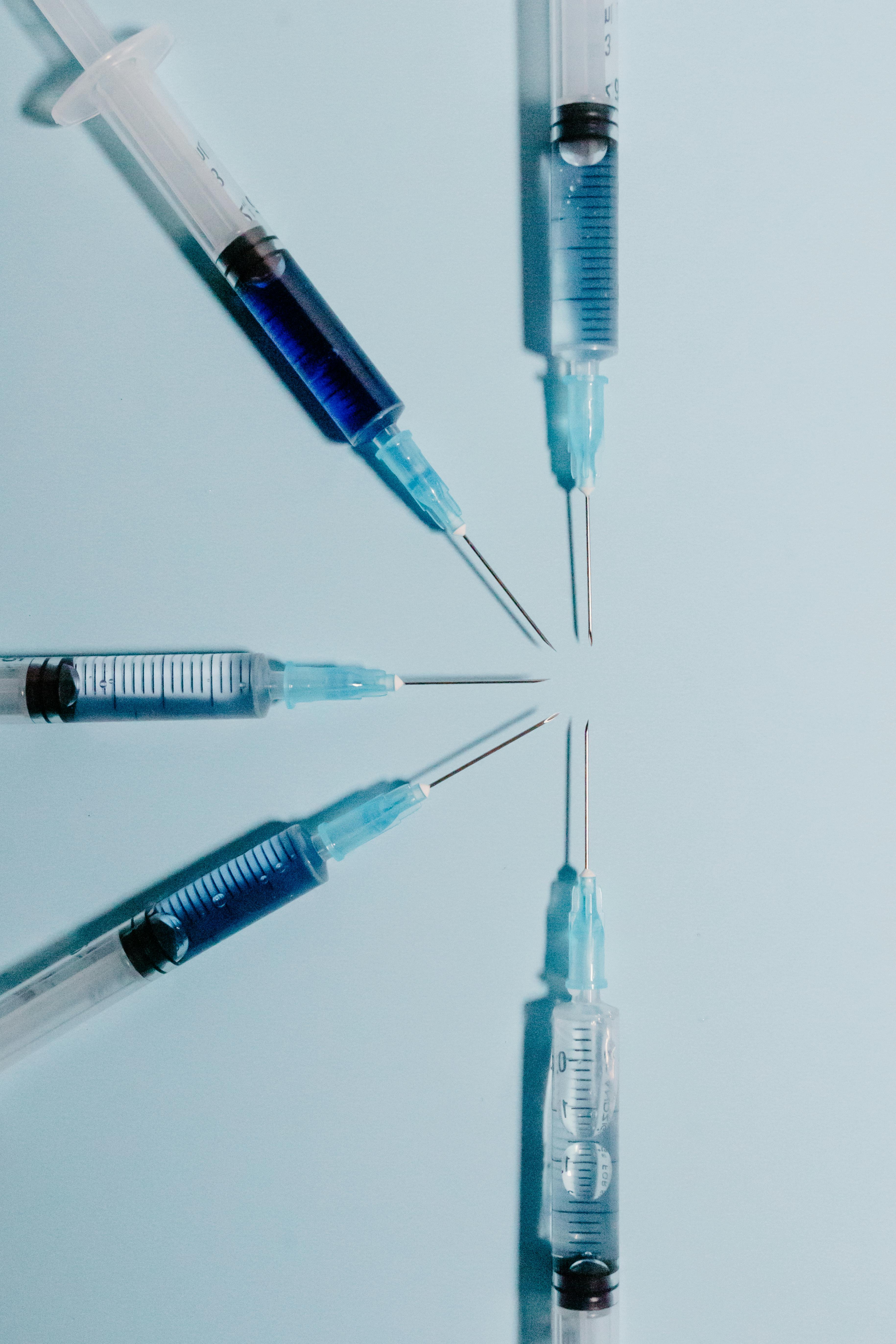6 Ways to Reduce Your Exposure to Microplastics
What are microplastics and tips to avoid them.

A primary care membership for patients who want more. Primary Care. Nutrition. Wellness. All under one roof.
6 Ways to Reduce Your Exposure to Microplastics
Recent headlines are bringing attention to the concerning prevalence of microplastics, and rightfully so. However, amidst the alarming findings, there are actionable steps we can take to minimize our exposure.
What are microplastics?
Microplastics are defined as tiny plastic particles measuring less than 5 millimeters in diameter and result from both commercial product development and the breakdown of larger plastics. Microplastics pollute our air and water and often carry other toxic chemicals like BPA, phthalates, heavy metals, and other pollutants.
When it comes to our health, ingestion of these tiny plastics from breathing, eating, and drinking can do harm to the body and cause inflammation, oxidative stress, hormonal imbalances, neurotoxicity, and more. Although a certain amount of toxic exposure is unavoidable in the modern world we live in, there are a number of things we can do to reduce the impact.
Tips to help you avoid microplastics:
- Stop drinking out of plastic bottles. Reallocate the money you spend on bottled water and instead invest in a good water filter and reusable water bottle. We love Berkey water filters and Bink water bottles. Not only will this prevent you from consuming microplastics from the bottles, but it will help cut down on adding more plastic to our environment. A win-win.
- Ditch plastic food containers and food storage. The plastic can leach into the foods you eat (especially if heated in the microwave). Switch to glass or stainless steel containers and silicone bags to avoid single use plastic. We love this Pyrex glass storage set and Stasher bags.
- Limit processed foods. While it’s true that microplastics are found in almost all foods because they require water to produce/grow (yes even fruits and vegetables, sadly), processed foods are found to have the highest concentration of microplastics because they are produced in the cheapest/fastest way and often come packaged in plastic which seeps into the food overtime while sitting on the shelf!
- Be mindful of foods that are particularly high in microplastics. No need to eliminate these completely, but just be aware of it and seek better alternatives. some text
- Rice/grains:most rice/grains require a lot of water to grow and can hold microplastics as a result. Rinse your grains before cooking.
- Tea:most tea bags have plastic in them and seep out when heated so opt for loose-leaf tea or tea bags held together with organic cotton. We love Rishi.
- Salt: table salt tends to have a lot of microplastics in it, especially if it’s sea salt. We love Redmond Real Salt.
- Honey: honey from urban hives where bees breathe city air has more microplastics than honey from rural hives. We love Beekeeper's Naturals.
- Shellfish: there’s a lot of plastic waste in the ocean that aquatic animals ingest and seafood that we consume the entire body of such as shrimp, mussels, oysters, etc can have much higher levels of microplastics than fish where the stomach is removed. We love Vital Choice for more sustainable options.
- Clean regularly. Dusting and vacuuming helps keep your space tidy and free of dust particles which are a magnet for microplastics and other pollutants.
- Switch to non-toxic/non-plastic alternatives for everyday household and beauty products. We love Branch Basics cleaning products and recommend checking out the The Environmental Working Group to learn more about household cleaning and personal care products that are safe and free of toxic chemicals/plastic.
Here at The Lanby, we’re committed to providing easy tips, solutions, and alternative products/brands, as well as information on how to help your body detox through nutrition and lifestyle. Reach out to learn more!

If you're curious to learn more about The Lanby, book a free consult call and we'll chat about how The Lanby can be your personalized long term health and wellness partner.

Kendall is a graduate of the University of Mississippi, with a B.A. in Integrated Marketing Communications and a minor in Business Administration. She received her certificate of Nutrition Science from the Friedman School of Nutrition at Tufts University.

Chloe holds a bioengineering degree from the University of Pennsylvania. As a breast cancer survivor, her insights shape The Lanby's patient-centric approach. Leveraging her healthcare strategy background, Chloe pioneers concierge medicine, bridging gaps in primary care.

Tandice was recognized with the Health Law Award and named a Ruth Bader Ginsburg Scholar at Columbia Law School. Tandice's editorial role is enriched by her insights into patient autonomy and gene modification legalities. Passionate about bioethics, she is committed to crafting patient-centric healthcare solutions.





